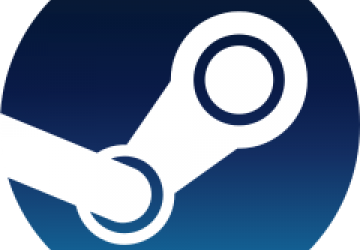Linux Gaming Is Exploding on Steam

Since the release of the Linux Steam client, Linux gamers have had a greater range of choice. Today, more than 1,900 games are available for download, with another 100 on their way. This compares well with OS X, which currently sports 2,900 downloadable titles.
And, more games makes Linux a more attractive desktop platform for home users. Although desktop Linux is a joy to use, the lack of high-quality games has been a barrier to adoption for casual users. On the other hand, a relatively small market has deterred game developers from targeting desktop Linux users.
The Steam marketplace has made it easier for games developers to reach Linux users, and cross-platform development tools reduce the cost of targeting the Linux platform.
Valve is aiming to bring Steam to the world of console users as well. Its SteamOS operating system (based on Debian) and Steam Machine are set to combine the benefits of console gaming and PC gaming. Building on the stable foundation offered by Linux, the Steam Machine is an open platform, which means any hardware company can use it to power its own games machine. This is a hugely disruptive move, as the console market currently is dominated by a few large companies with closed platforms. And with many companies competing to sell their hardware, price competition will make the platform attractive to users.
Of course, FOSS purists will be quick to point out that the games in the Steam store are mostly closed source. And, plenty of Linux users are against proprietary software on principle. They'll point to the growing trend of downloadable content and in-game purchases as a bad thing. And they have a point.
But the increased availability of commercial games for Linux has a number of benefits for FOSS purists too. For instance, an increased user base means more demand for FOSS software and, potentially, more contributors to open-source projects. Not that the transition from gamer to open-source coder is instant, but it does happen.
Perhaps the main benefit will be the improved quality of drivers and Linux-compatible firmware for GPUs. In the past, Linux and NVIDIA have enjoyed a less than happy relationship. And today, NVIDIA's support for Linux users is less than ideal. But as more users move to Linux, GPU manufacturers will have to dedicate a larger percentage of their resources to supporting Linux.
Of course, the growth of a console platform is driven by the availability of games. Promising consoles have suffered because of a weak lineup of available games at launch. But, that won't be a problem for the Steam Machine. With nearly 2,000 titles available right now, it will have the most impressive lineup in gaming history.
If the Steam Machine is a success, we easily could see the balance shift to Linux as a primary target for game developers. Windows and OS X would trail behind as second-choice platforms.









